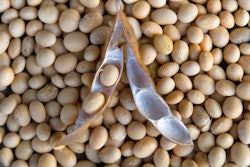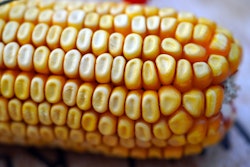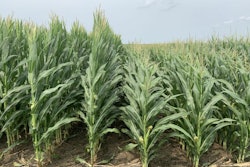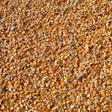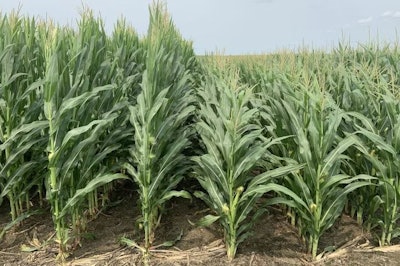
Bayer AG'sgenetically modified cornhas received safety approval from the USDA's Animal and Plant Health Inspection Service (APHIS).
The shorter-stature corn plants, known as theSmart Corn System, are designed to be 30% smaller with the same yields.
Bayer CropScience modified the corn plant to reduce gibberellic acid, a plant growth hormone, to help protect crop yield loss from increased lodging (stem buckling) and greensnap tolerance in high winds and volatile weather.
The USDA said itreviewed the plantto determine whether it presented an increased plant pest risk compared to unmodified corn plants.
APHIS found the plant was unlikely to pose an increased plant pest risk compared to other cultivated corn plants and noted it could be safely grown and bred in the U.S.
Bayer still needs EPA approval
According toreports, Bayer said it still needs approval from the Environmental Protection Agency (EPA) and importing countries before it can launch the corn in the U.S. The company expects the launch in the middle to later part of this decade.
U.S. farmers are already growing a separate, non-genetically modified version of short Bayer corn on about 30,000 acres this year as part of a large trial, according to the company. Bayer said it anticipates plantings of the non-GM version will double in its commercial launch next year.
Short corn traits
- Target plant height of short stature corn hybrids will be less than 7 feet versus 9 to 12 feet for a traditional corn hybrid
- Shorter height allows for more flexible timing and the ability to use ground application of other crop inputs, like fungicides, insecticides and nitrogen
- Target ear height will be greater than 2 feet to maintain compatibility with standard harvest equipment
- Ear size is similar to that of current corn hybrids
- Due to improved plant standability, they will allow farmers to explore higher planting densities, providing the potential to produce more on every acre





